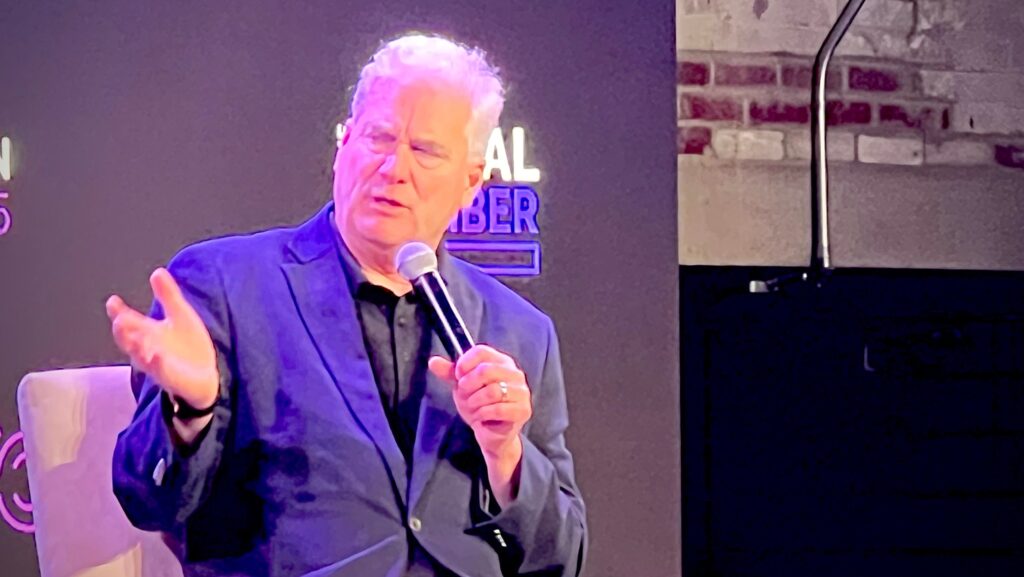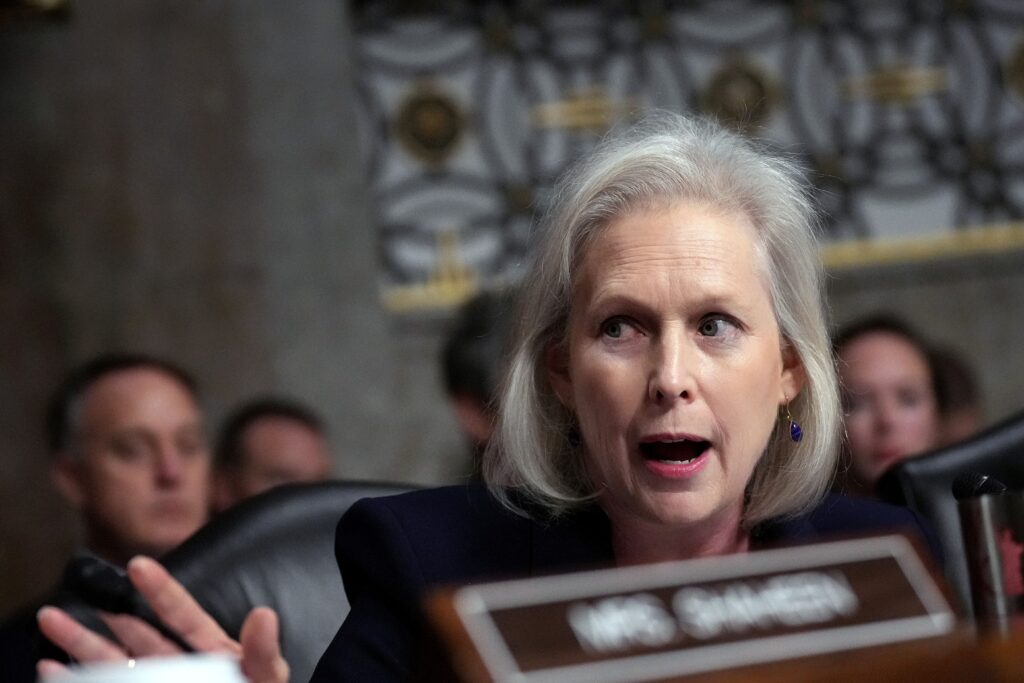Introduction: A New Era for Stablecoin Oversight
The U.S. Congress is prioritizing the regulation of the cryptocurrency sector, with a focus on completing a stablecoin oversight bill. On Wednesday, the House of Representatives unveiled its version of the legislation, following a recent committee approval of a similar bill in the Senate. This development signals a significant step towards establishing clearer guidelines for digital currencies.
Key Players Behind the Bill
The House version of the legislation was introduced by Representative Bryan Steil, who chairs the House Financial Services Committee’s crypto panel, alongside Representative French Hill, the Republican chair of the overall committee. Their collaborative effort aims to regulate how companies can issue dollar-backed digital tokens, a crucial aspect of the stablecoin market.
Bridging the Legislative Gap
During a conference appearance on Wednesday, Rep. Steil highlighted that this new version of the bill aims to “close the gap” between the House and Senate proposals, ensuring that both chambers are aligned in their approach to stablecoin regulation. The proposed legislation, known as the Stablecoin Transparency and Accountability for a Better Ledger Economy (STABLE) Act, represents a continuation of the bipartisan work on digital assets initiated during the last Congress, as emphasized by Rep. Hill.
Bipartisan Support and Future Considerations
The Senate Banking Committee has already advanced its version of the stablecoin legislation, receiving strong bipartisan support, which sets the stage for a floor vote in the Senate. House Majority Whip Tom Emmer, a long-standing advocate for cryptocurrency regulations, noted that although there are minor differences between the two bills, he is confident they can be resolved swiftly.
Additional Legislative Efforts
In addition to the stablecoin bill, Rep. Emmer reintroduced his Securities Clarity Act on the same day. This act seeks to establish a clear definition of how crypto assets fit within existing securities law frameworks. Emmer initially proposed this legislation as part of last year’s Financial Innovation and Technology for the 21st Century Act (FIT 21), collaborating with Democratic Representative Darren Soto.
Hope for Timely Completion
Many lawmakers, including Emmer, Steil, and other key players in the crypto legislative efforts, attended the DC Blockchain Summit, a prominent crypto policy event hosted by the Digital Chamber. They expressed optimism that the stablecoin legislation could be finalized by August, marking a crucial milestone for the industry.
The Broader Legislative Landscape
As the conference drew to a close, the Senate was also preparing for a crucial vote regarding a Congressional Review Act resolution aimed at overturning the IRS’s 2024 regulations governing decentralized finance (DeFi) brokers. Both the Senate and House previously passed this resolution, which is expected to receive President Trump’s signature. However, due to procedural rules requiring the House to address tax-related issues first, the Senate must vote on it again.
Conclusion: A Turning Point for Crypto Regulation
The rapid developments in stablecoin legislation and broader crypto regulatory frameworks signify a pivotal moment for the cryptocurrency industry in the United States. As Congress works towards cohesive regulations, stakeholders eagerly anticipate the implications for the future of digital finance.



